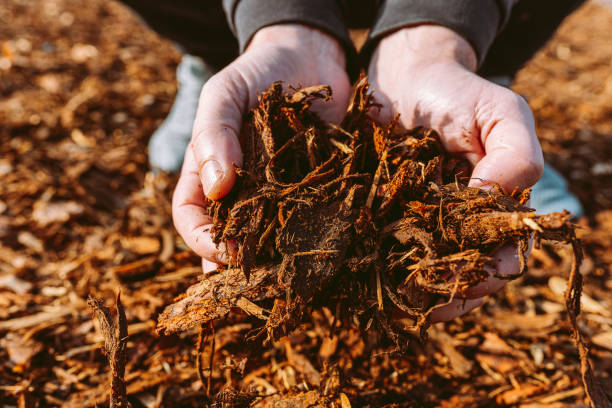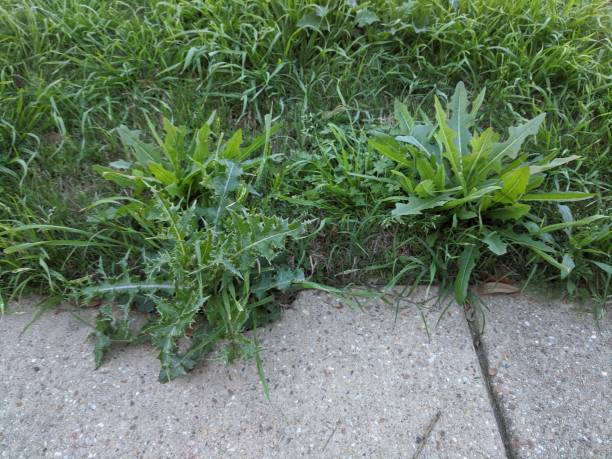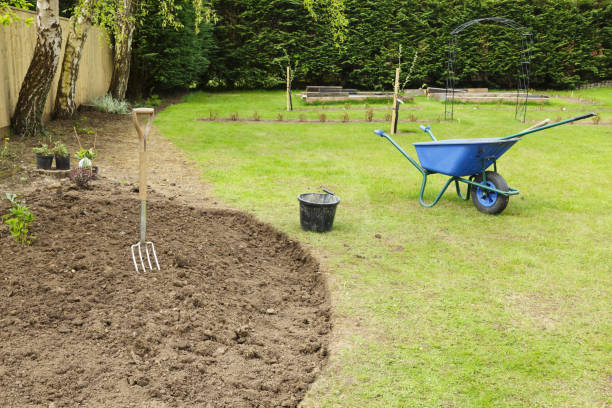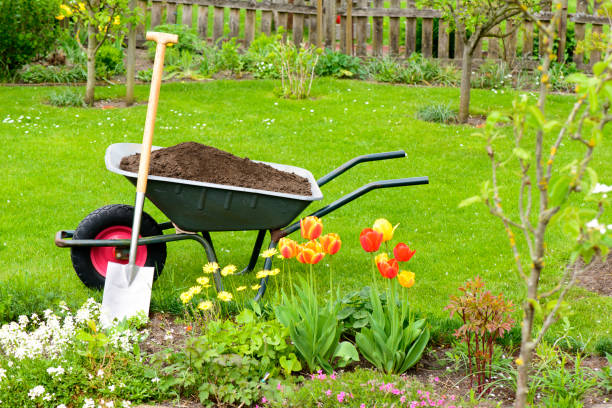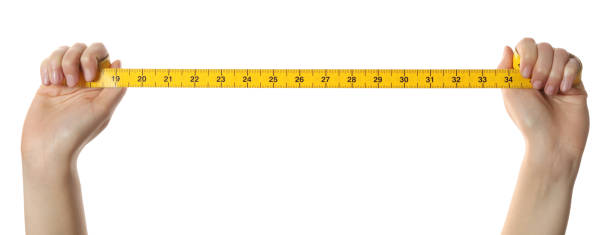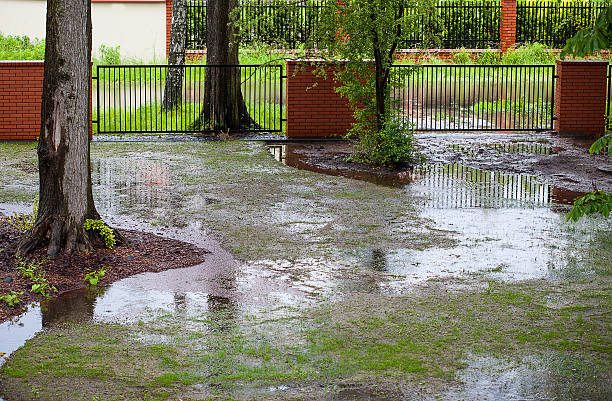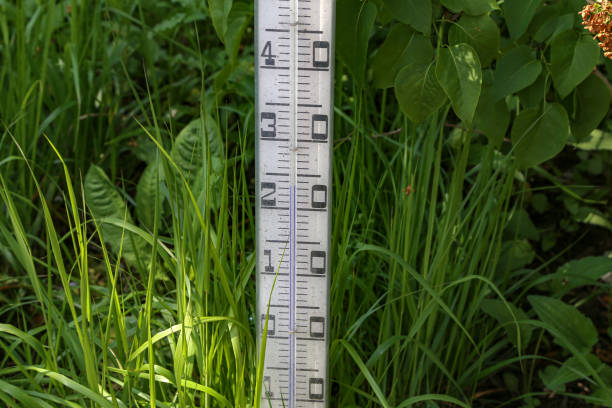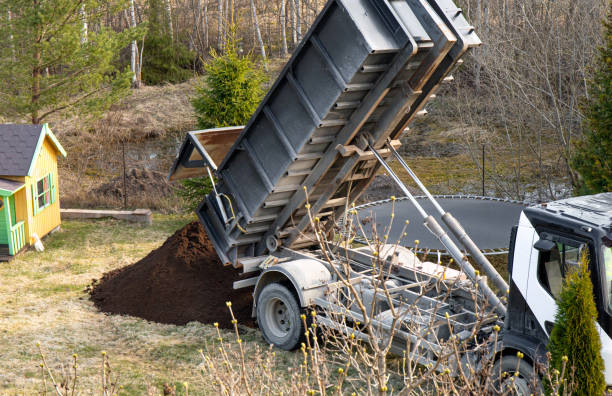How Much Does a Yard of Mulch Weigh?
This post contains affiliate links. This means I will make a commission at no extra cost to you should you click through and make a purchase. Read the full disclosure here.Mulch plays a crucial role in gardening and landscaping, providing a range of benefits such as weed control, moisture retention, and temperature regulation. When planning a landscaping project or considering the logistics of mulch delivery, understanding the weight of mulch becomes essential. In this article, we will delve into the factors influencing the weight of mulch and provide you with the information you need to estimate how much a yard of mulch weighs.
Introduction
Landscaping enthusiasts and gardening professionals often come across the question, “How much does a yard of mulch weigh?” Mulch is typically sold in cubic yards or bags, making it important to know its weight to ensure efficient transportation, adequate coverage, and proper application. Let’s explore the various aspects of mulch weight and how it can impact your landscaping endeavors.
Understanding Mulch
Mulch refers to any material applied to the soil surface around plants to enhance their growth and protect them from external elements. It can be categorized into two main types: organic mulch and inorganic mulch.
Organic Mulch
Organic mulch is derived from natural sources such as bark, wood chips, leaves, straw, or compost. It decomposes over time, enriching the soil with nutrients and improving its structure. Organic mulch is commonly used for its aesthetic appeal and ability to retain moisture, regulate soil temperature, and suppress weed growth.
Inorganic Mulch
Inorganic mulch consists of materials like rubber, plastic, stone, or gravel. Unlike organic mulch, inorganic mulch does not decompose and requires minimal maintenance. It is primarily used for decorative purposes, weed control, or as a pathway covering.
Factors Affecting the Weight of Mulch
The weight of mulch can vary due to several factors. Understanding these factors will help you estimate the weight accurately and plan your landscaping project effectively.
Moisture Content
The moisture content of mulch affects its weight significantly. Wet mulch can be heavier than dry mulch due to the additional water it absorbs. However, the moisture content can vary depending on weather conditions, storage, or the mulch’s exposure to rain or irrigation.
Type of Mulch
Different types of mulch have varying weights. For example, hardwood mulch is generally heavier than pine bark mulch. The density of the material used for mulching determines its weight, with denser mulches weighing more per volume.
Density
The density of mulch refers to its mass per unit volume. Mulch with higher density will weigh more for a given volume. Organic mulches like wood chips tend to have a lower density compared to inorganic mulches such as gravel or stone.
Volume
The volume of mulch needed for your project is typically measured in cubic yards. A cubic yard is a unit of volume equal to 27 cubic feet. The thickness of the mulch layer applied can vary, and this, along with the area to be covered, determines the volume required.
Average Weight of Mulch per Yard
While the weight of mulch can vary, there is an average weight range you can consider as a guideline. On average, a yard of mulch weighs between 400 to 800 pounds (181 to 363 kilograms). However, it is important to note that this weight range can change based on the factors discussed earlier.
Conversion Factors
If you are working with a different unit of measurement or need to convert the weight of mulch, the following conversion factors can be useful:
- 1 cubic yard of mulch = approximately 0.6 to 1.2 metric tons
- 1 cubic yard of mulch = approximately 765 to 1,530 liters
Calculating the Weight of Mulch
To estimate the weight of mulch needed for your project, you can use the following calculation:
Weight of Mulch (in pounds) = Volume of Mulch (in cubic yards) × Average Weight of Mulch per Yard (in pounds)
Example Calculation
Let’s say you need to cover an area of 100 square feet with 2 inches of mulch. To calculate the volume required:
Volume of Mulch = Area × Thickness = 100 sq ft × (2/12) ft = 16.67 cubic feet
To convert the volume to cubic yards:
Volume of Mulch (in cubic yards) = Volume of Mulch (in cubic feet) ÷ 27 = 16.67 cu ft ÷ 27 ≈ 0.62 cubic yards
Using the average weight range:
Weight of Mulch ≈ 0.62 cubic yards × (400 to 800 pounds per yard) ≈ 248 to 496 pounds
Importance of Knowing the Weight of Mulch
Knowing the weight of mulch is crucial for several reasons. It helps you:
- Determine the number of bags or the volume of mulch required for your project.
- Plan transportation logistics, such as the number of trips or the size of the delivery vehicle.
- Avoid overloading vehicles and ensure safe transportation.
- Estimate the effort needed for spreading the mulch evenly.
- Maintain a balanced soil environment by applying the correct amount of mulch.
Using Mulch for Landscaping
Mulch serves as a versatile tool in landscaping. Here are some tips to make the most of mulch in your garden:
- Apply a layer of mulch 2 to 4 inches thick to maximize its benefits.
- Keep the mulch a few inches away from plant stems to prevent rot and pests.
- Replenish mulch annually to maintain its effectiveness.
- Use different types of mulch for specific plant requirements, such as acidic mulch for acid-loving plants.
- Avoid piling mulch against tree trunks, as it can create a favorable environment for pests and diseases.
Tips for Buying and Transporting Mulch
Consider the following tips when purchasing and transporting mulch:
- Calculate the volume of mulch you need based on your project requirements.
- Check with local suppliers or garden centers for the availability and price of mulch.
- Choose a mulch type that aligns with your landscaping goals and plant requirements.
- If buying in bulk, ensure you have an appropriate vehicle or arrange for delivery.
- When transporting mulch, secure it properly to prevent spillage or damage to the vehicle.
- Keep in mind any weight restrictions or regulations imposed by your local transportation authorities.
Conclusion
Understanding the weight of mulch is essential for successful landscaping projects. Factors like moisture content, type of mulch, density, and volume contribute to the overall weight. By using conversion factors and simple calculations, you can estimate the weight of mulch required for your specific needs. Properly estimating the weight helps you plan transportation logistics, ensure safe delivery, and maintain a balanced soil environment. So, next time you embark on a landscaping project, consider the weight of mulch to achieve optimal results.
FAQs
How much does a yard of mulch cost?
The cost of a yard of mulch can vary depending on the type, quality, and location. On average, the price range can be between $20 to $40 per cubic yard.
Can mulch be used in vegetable gardens?
Yes, mulch can be used in vegetable gardens. Organic mulches like straw or compost can help retain moisture, control weeds, and regulate soil temperature.
Is mulch harmful to pets?
Most organic mulches are safe for pets. However, certain types of mulch, such as cocoa mulch, can be toxic to dogs if ingested in large quantities. It is best to research the specific mulch type and consult with a veterinarian.
How often should mulch be replenished?
Mulch should be replenished annually to maintain its effectiveness. However, you can check the mulch layer periodically and add more if it has decomposed significantly or become thin.
Can mulch attract pests?
While mulch itself does not attract pests, it can provide a favorable environment for some insects and rodents. Proper placement of mulch, a balanced layer, and regular inspection can help prevent pest infestations.

